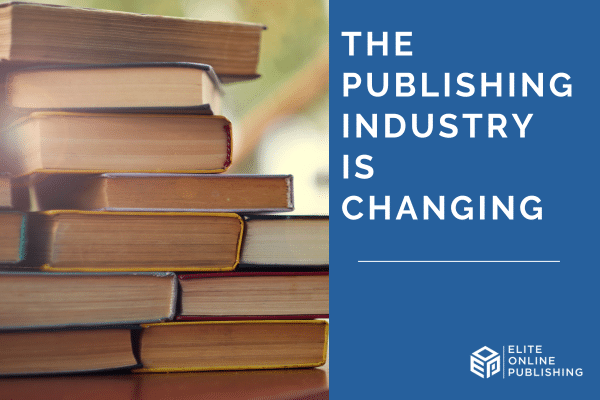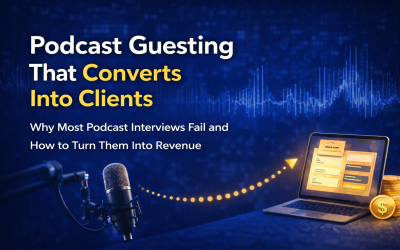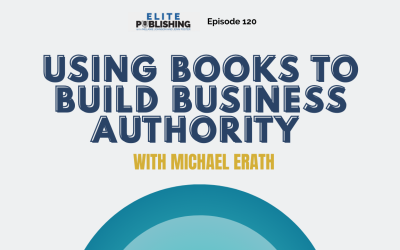Embrace the Power and Benefits of Self-Publishing vs. Traditional Publishing
The publishing industry has experienced significant transformations over the past decade, driven by technological advancements and changing reader preferences. One of the biggest shifts is the rise of self-publishing, which has empowered authors to take control of their publishing journey. In this blog post, we’ll explore the key changes in the publishing industry and highlight the power and benefits of self-publishing compared to traditional publishing.
The Rise of Self-Publishing
Self-publishing has grown exponentially, thanks to the accessibility and affordability of digital platforms. Authors no longer need to rely solely on traditional publishers to bring their books to market. Platforms like Amazon Kindle Direct Publishing (KDP), IngramSpark, and Smashwords have made it possible for authors to publish their work independently, reaching global audiences with just a few clicks.
Benefits of Self-Publishing:
- Creative Control: Self-publishing allows authors complete creative control over their work. You can decide on the content, cover design, formatting, and pricing without the constraints often imposed by traditional publishers.
- Publishing Timeline: You control the timeline, from writing and editing to publishing and marketing. This flexibility allows for a quicker release, enabling you to respond to market trends and reader demands more effectively.
- Higher Royalties: Self-published authors typically earn higher royalties compared to those in traditional publishing. Platforms like Amazon KDP offer up to 70% royalties on eBook sales, significantly more than the 10-15% often offered by traditional publishers. By selling directly to readers through your website or other platforms, you can retain a larger portion of your earnings, maximizing your revenue potential.
- Global Reach: Self-publishing platforms provide global distribution, allowing your book to be available to readers worldwide. This eliminates the geographical limitations often faced in traditional publishing. Digital formats ensure your book is accessible on various devices, from eReaders to smartphones, catering to the preferences of modern readers.
Tips for Self-Publishing:
Just because it’s called “self” publishing, doesn’t mean you have to do it alone. There are small companies like Elite Online Publishing that have experience and expertise in helping author self publishing in a frustration free and successful way. It’s a lot to learn and navigate on your own and you need support in order to do it well!
Traditional Publishing
While self-publishing offers numerous advantages, traditional publishing still holds significant value for many authors. Established publishers provide a range of services that can be beneficial, especially for those seeking to leverage their expertise and resources.
Benefits of Traditional Publishing:
Professional Support: Traditional publishers offer professional editing, cover design, and formatting services, ensuring your book meets high-quality standards. They have established marketing and distribution networks, which can enhance your book’s visibility and reach, often securing placements in bookstores and media outlets.
Industry Credibility: Being published by a reputable publishing house can add a level of prestige and recognition to your work, which can be advantageous for securing speaking engagements, media coverage, and literary awards. Many traditional publishers work with literary agents who can negotiate favorable contracts and provide valuable industry insights.
Keep in mind that traditional publishers may not always reprint books or provide adequate marketing support, even for previously successful authors. Authors often lose control over their intellectual property and book rights. This lack of control can be frustrating for authors who want to keep their book relevant and accessible.
Navigating the Choice:
Choosing between self-publishing and traditional publishing depends on your goals, resources, and preferences as an author. Here are some factors to consider:
Goals: If you prioritize creative control, higher royalties, and a faster publishing timeline, self-publishing might be the better option. If you seek professional support, industry credibility, and established distribution channels, traditional publishing could be more suitable.
Resources: Assess your ability to invest time and money into the publishing process. Self-publishing requires a more hands-on approach, while traditional publishing provides structured support.
Audience: Consider where your target audience is most likely to discover your book. Self-publishing excels in digital spaces, while traditional publishing can offer more visibility in physical bookstores and libraries.
The publishing industry is changing, offering more opportunities than ever for authors to share their stories with the world. Whether you choose self-publishing or traditional publishing, understanding the benefits and challenges of each path will help you make an informed decision that aligns with your goals and aspirations. Embrace the power of these evolving publishing models to bring your book to life and reach your readers effectively.
Ultimately, the best publishing route depends on individual needs, goals, and resources. Traditional publishing might offer prestige, while self-publishing and hybrid publishing offer more control and earning potential. If you’re someone who loves complete autonomy and is ready to invest time and effort, DIY might be your path.
Elite Online Publishing stands out for those seeking a high-end, concierge service that combines the benefits of self-publishing with professional support. As more authors pivot towards maintaining control over their work, self-publishing continues to rise in popularity.
Are you ready to take the next step in your publishing journey? At Elite Online Publishing, we are committed to helping you create, publish, and market your book to become a bestseller.
FAQ
What are the initial costs associated with self-publishing? Initial costs for self-publishing can vary widely but typically include expenses for editing, cover design, formatting, and marketing. Some authors also invest in professional services to ensure their book meets industry standards. We recommend partnering with experts like us, who can help you navigate self publishing and make sure you are getting the best.
How long does it take to self-publish a book? The timeline for self-publishing depends on various factors, including the length of the book, the level of editing required, and the author’s schedule. On average, it can take anywhere from a few months to a year to complete the self-publishing process.
Can self-published books win literary awards? Yes, self-published books can and do win literary awards. While traditional publishers often dominate major literary awards, there are numerous awards specifically for self-published works, and many general awards are open to all authors. Learn more about book awards here!
How do I market my self-published book? Effective marketing strategies for self-published books include building an author platform, utilizing social media, running targeted advertising campaigns, leveraging email marketing, creating a book launch team, and engaging with your audience through blogs and podcasts.





0 Comments